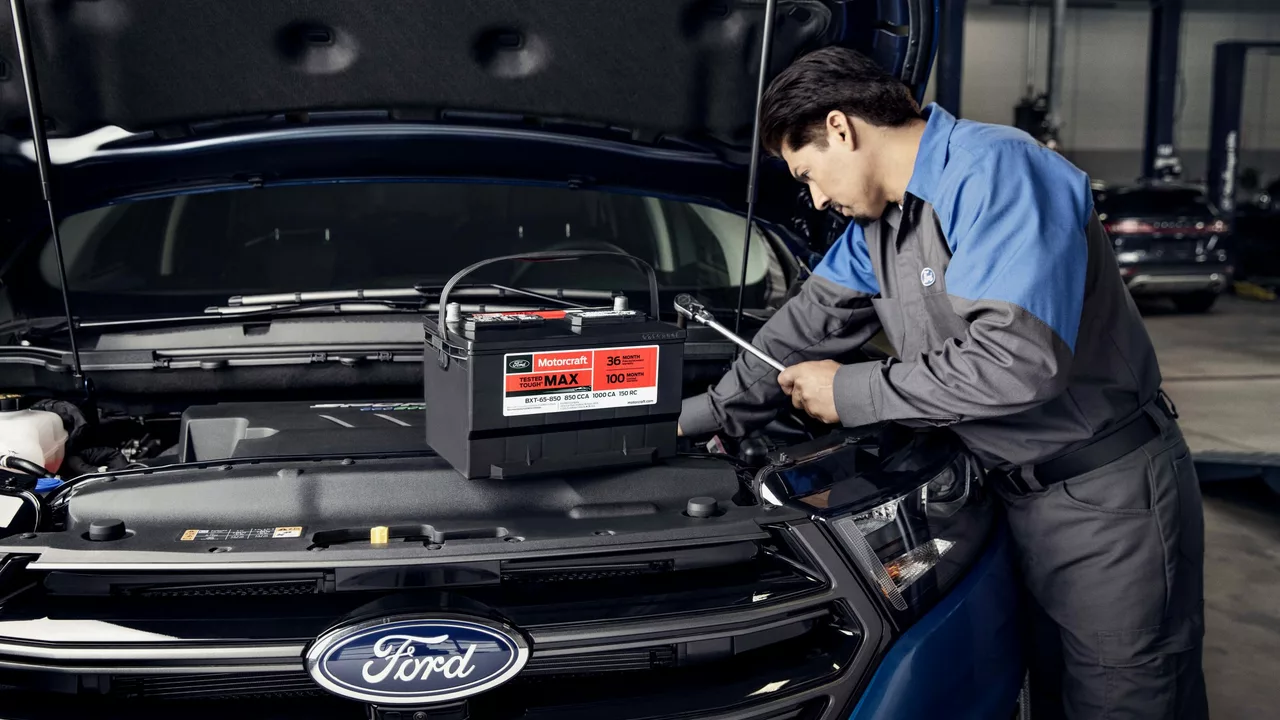Is it bad to not start your car for a week?
- Thomas O'Reilly
- Jul 22, 2023
- 0 Comments
The Anatomy of a Car’s Engine
Before we delve into the effects of not starting your car for some time, it's important to understand how a car's engine works. The engine of a car is its heart. It's a complex machine that requires a mixture of air and fuel to function. When a car is started, the engine starts to burn fuel and air, creating combustion gases that drive the pistons. These pistons, in turn, rotate the crankshaft, creating the power that drives the car. The engine also uses various fluids and oils to keep it running smoothly and efficiently.
What Happens When Your Car Sits Idle
When a car sits idle for a week or more without being started, several things can happen. Initially, the battery can lose charge, especially in colder weather. This is because car batteries discharge over time, and without the car being started to recharge the battery, it can eventually run flat.
The Impact on Your Battery
One of the most immediate impacts of not starting your car for a week or more is on the battery. Car batteries are designed to be charged by the alternator as you drive, so when the car isn't being used, the battery can slowly discharge. In cold weather, this process can be even quicker because cold temperatures slow down the chemical reactions in the battery. If your battery is older or already weak, a week of inactivity could be enough to leave it flat.
The Effect on Engine Oil
Engine oil is another important component of your car that can be affected by not starting the car for a week. Oil is designed to lubricate the moving parts of the engine, preventing damage and wear. However, when a car sits idle, the oil can settle, and parts of the engine can be left unprotected. This can lead to increased wear when the car is eventually started.
Fuel System Concerns
If a car is left idle for a long period, the fuel in the tank can become stale. Stale fuel doesn't burn as efficiently as fresh fuel and can lead to hard starting and poor performance. In addition, if there's any moisture in the fuel system, it can lead to rust, which can cause further issues.
Tire Health and Inactivity
Another aspect of your car that can be affected by long periods of inactivity is the tires. When a car sits idle, the weight of the car can cause flat spots to develop on the tires. While these usually disappear once the car is driven, in some cases, they can be permanent, leading to a bumpy ride and potentially even a blowout.
Maintaining Your Car During Idle Periods
If you know your car is going to be idle for a week or more, there are steps you can take to minimize any potential damage. Starting the car and letting it run for a few minutes can help to recharge the battery and circulate the oil. If possible, driving the car for a short distance can be even better.
How to Start a Car After a Week of Inactivity
If your car has been inactive for a week, there are a few things you should do before driving it. First, check the tire pressures and inflate them if necessary. Then, start the car and let it idle for a few minutes to allow the oil to circulate. Check the dashboard for any warning lights, and if everything looks good, you're ready to drive.
Conclusion
In conclusion, while leaving your car idle for a week isn't ideal, it's unlikely to cause significant damage, especially if the car is in good condition to start with. However, it's always best to try and minimize periods of inactivity, and if you know your car is going to be idle, take steps to maintain it.

Write a comment